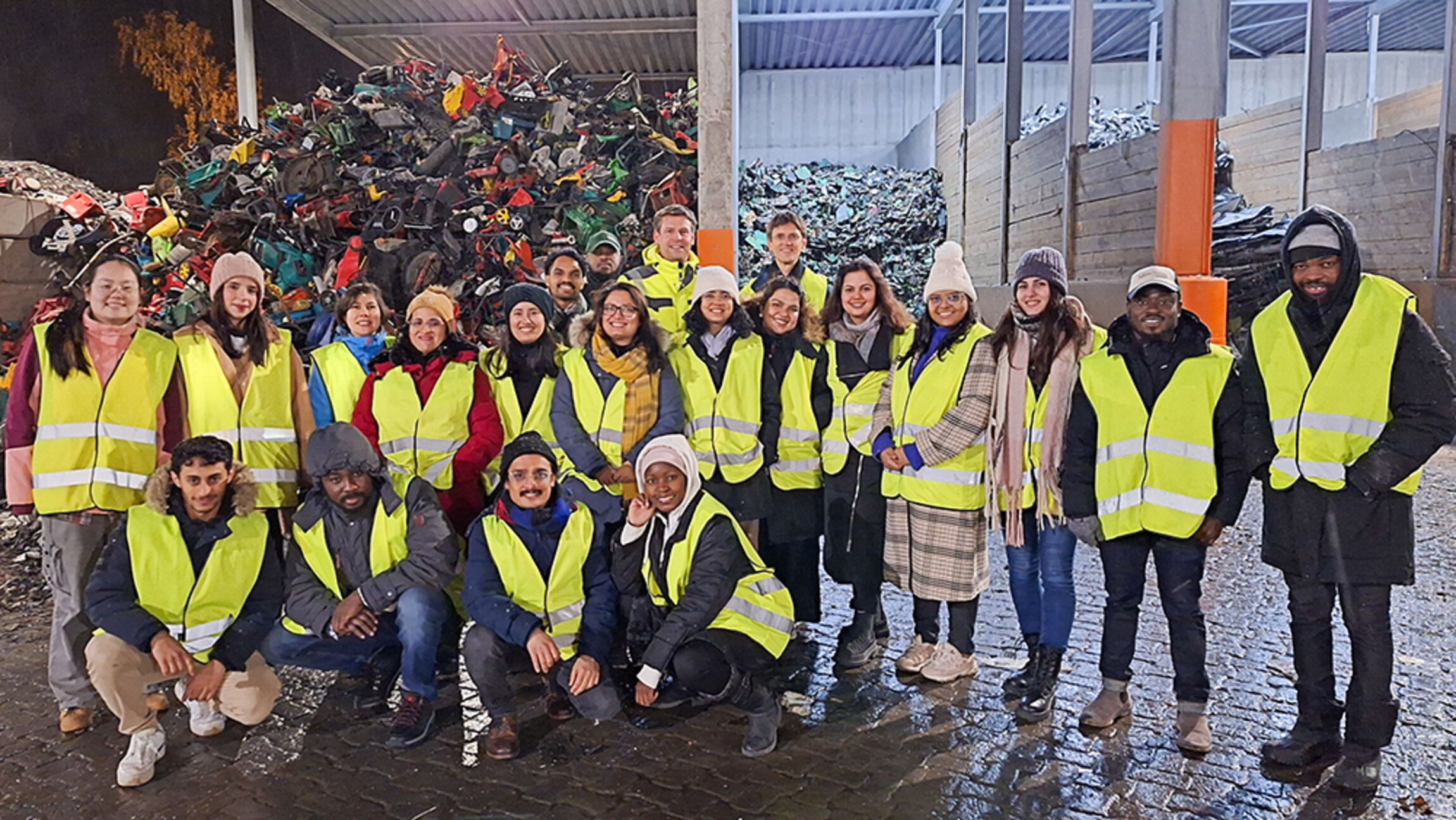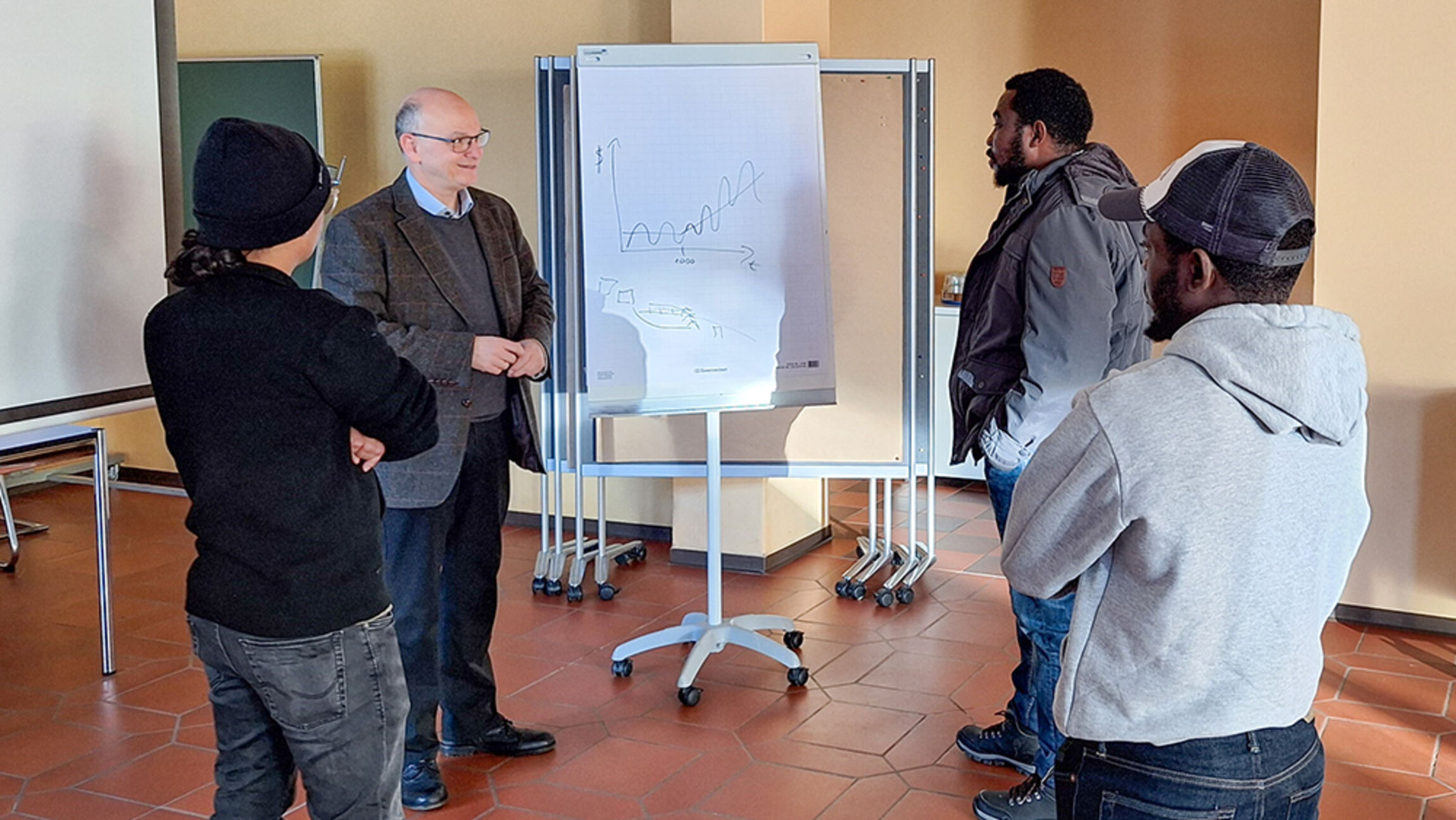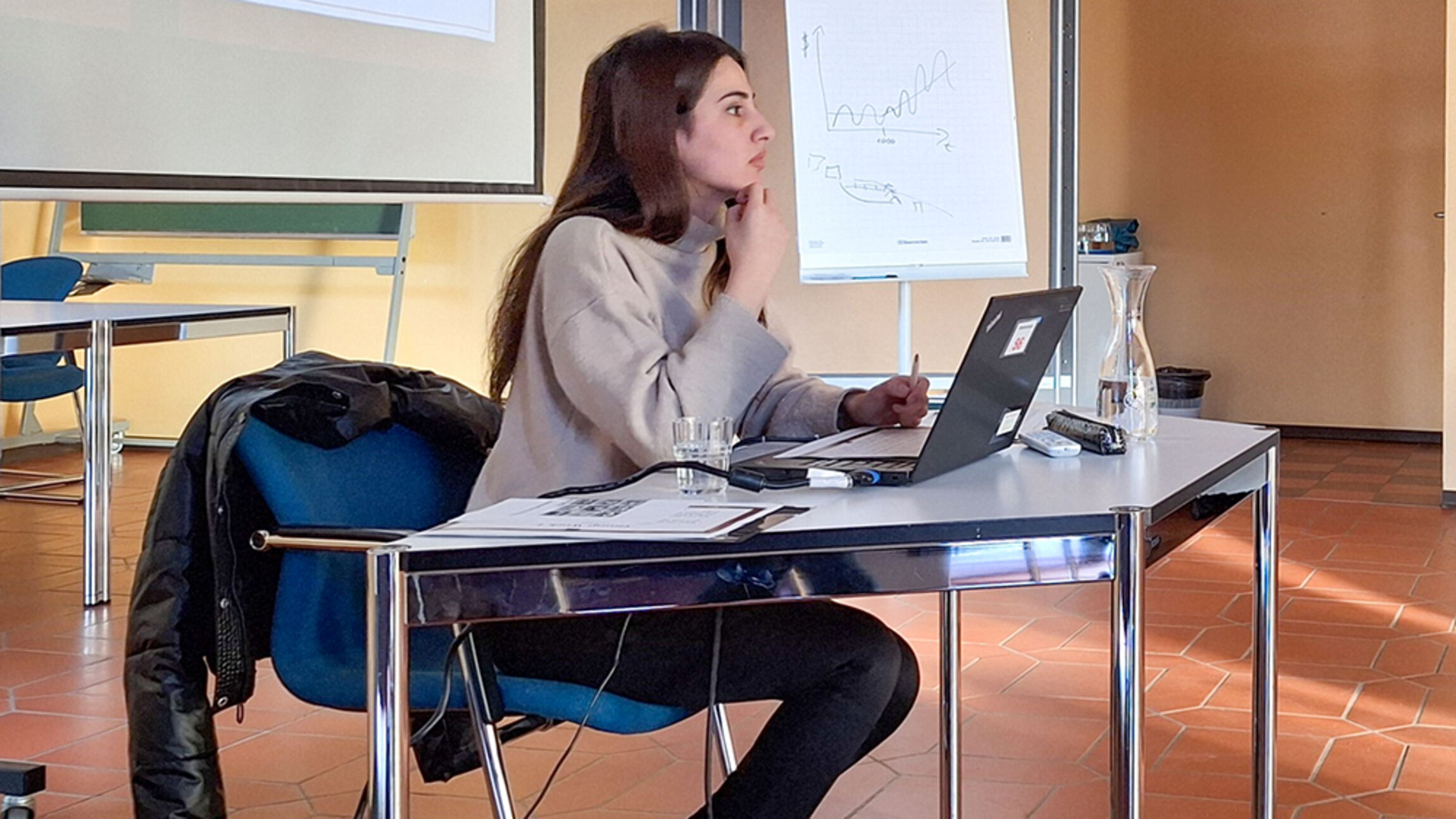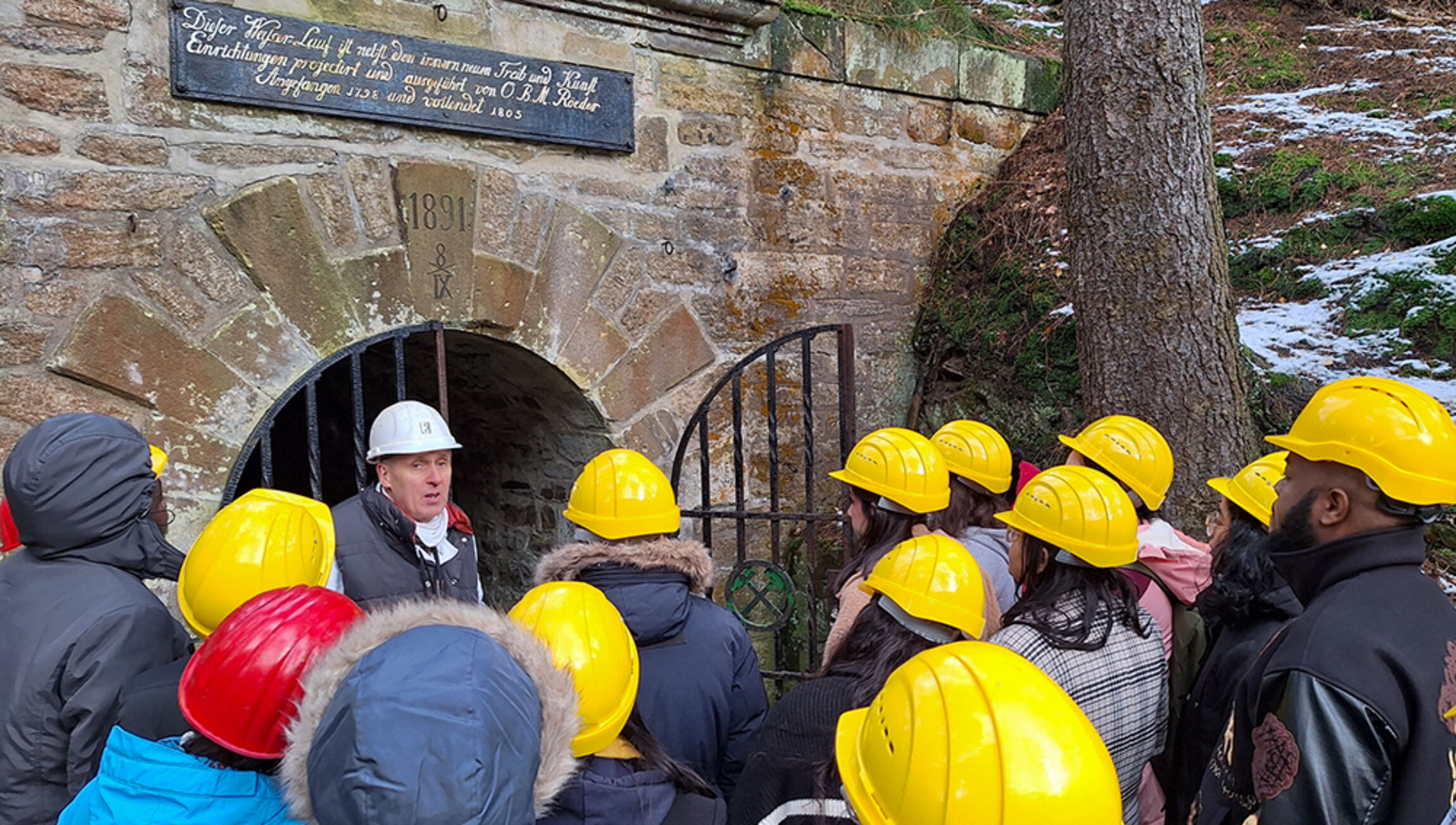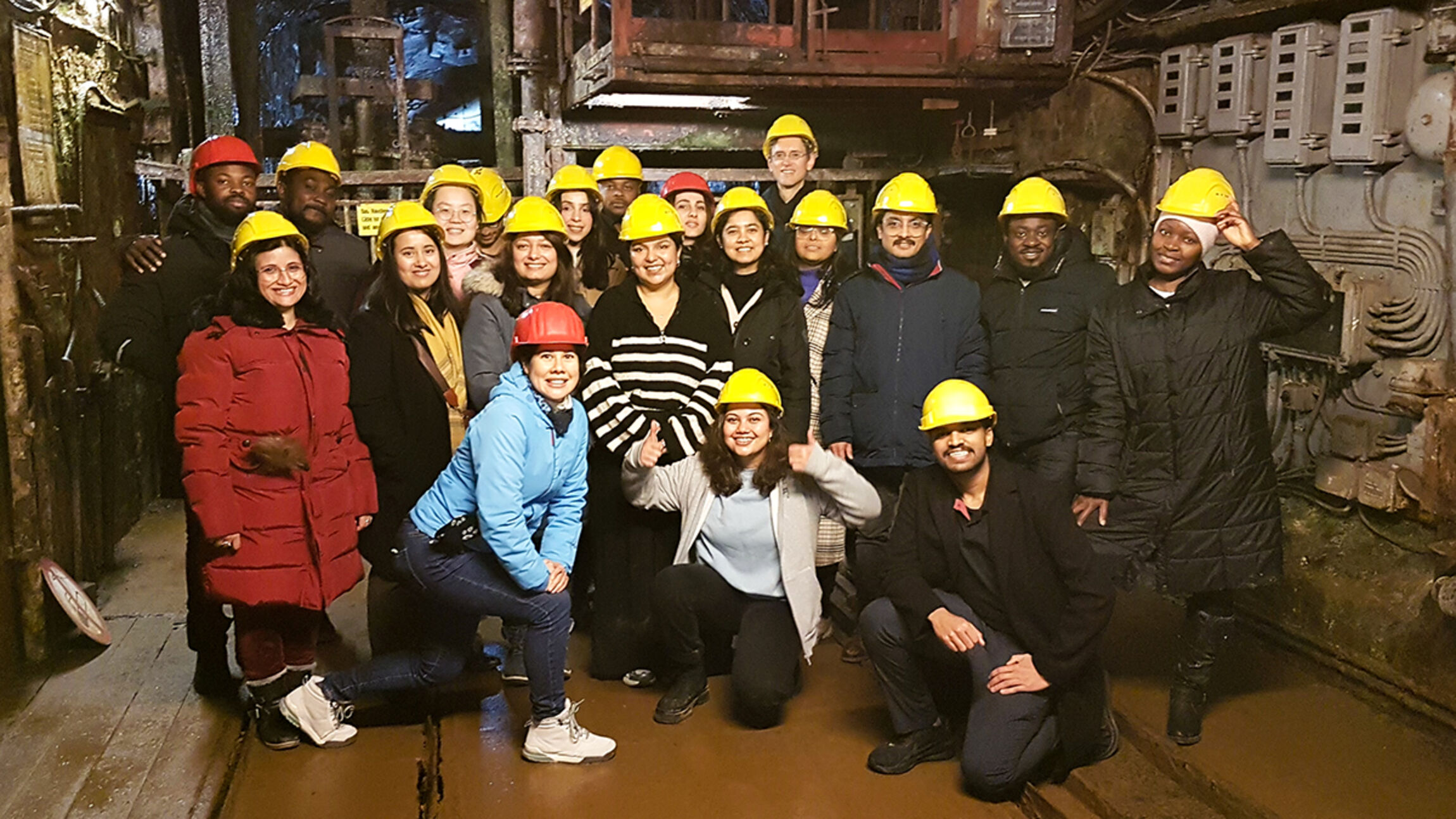Wochenend-Seminar in Goslar, 22.–24. November 2024
In November 2024, a STUBE weekend seminar took place in Goslar, organised by Andreas Kurschat, the programme manager for STUBE Niedersachsen at the KED.
Immediately after arriving at the conference centre, Haus Zeppelin & Steinberg, our group travelled to MPM Environment Intelligence GmbH, located in Bad Grund, where we had a guided tour by Felix Kolbe, CEO of MPM Environment Intelligence GmbH. This is a company operating a recycling plant for electronic waste, which plays a crucial role in the context of saving natural resources.
During the guided tour, we learned in detail about the purpose of the company, what it does, what its future goals are, and what challenges it faces in its activities. The company’s activities include trading, brokerage, and storage of waste, recyclable materials, scrap metal, non-ferrous metals, and other waste. Returning to the conference centre, we had some time to get to know each other better and have an interesting evening.

